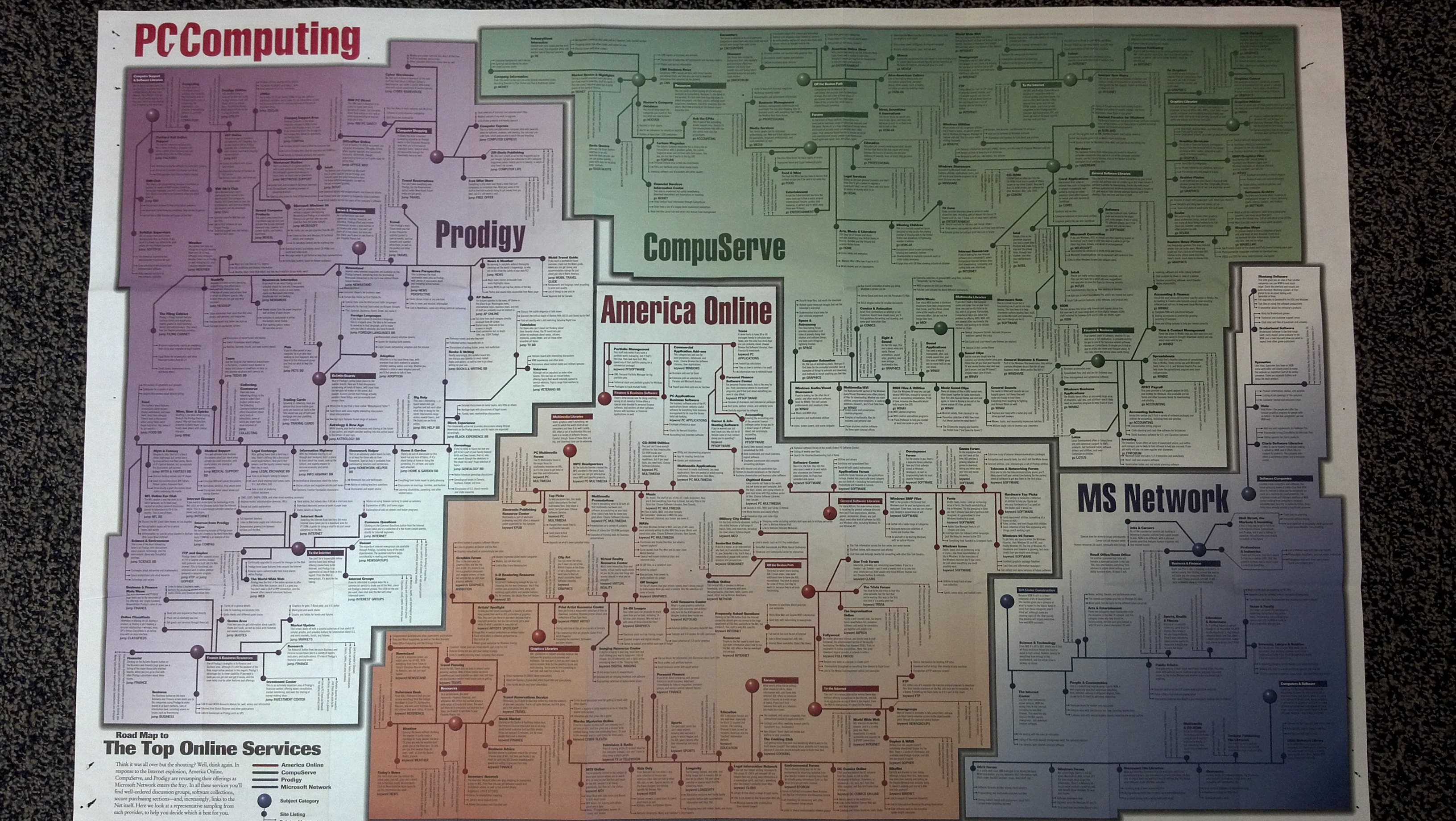On the podcast this week, Alisdair Gillespie, Professor of Criminal Law and Justice at De Montfort University in Leicester UK, discusses his new paper in the International Journal of Law and Information Technology, Restricting Access to the Internet by Sex Offenders. Gillespie discusses whether access to the Internet is a human right, and if so, when that right can be curtailed. He establishes that access to the Internet could be a negative right, then turns to how Internet access can be restricted in the case of sex offenders. Gillespie talks about different ways to prevent these offenders from using the Internet for ill, including complete restriction as well as technological tools similar to parental control software, and the difficulties that arise when trying to implement any one of these schemes.
Related Links
- Restricting access to the internet by sex offenders, by Gillespie
- “The U.N. Declares Internet Access a Human Right”, The Atlantic Wire
- “If Banning The Internet For Sex Offenders Is Unfair, Is Banning The Internet For Copyright Infringers Fair?”, Tech Dirt
To keep the conversation around this episode in one place, we’d like to ask you to comment at the webpage for this episode on Surprisingly Free. Also, why not subscribe to the podcast on iTunes?


 The Technology Liberation Front is the tech policy blog dedicated to keeping politicians' hands off the 'net and everything else related to technology.
The Technology Liberation Front is the tech policy blog dedicated to keeping politicians' hands off the 'net and everything else related to technology.